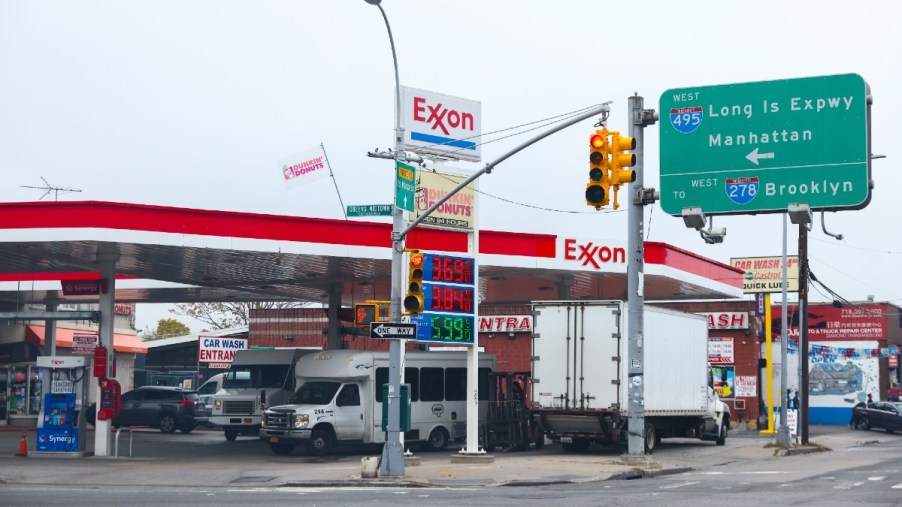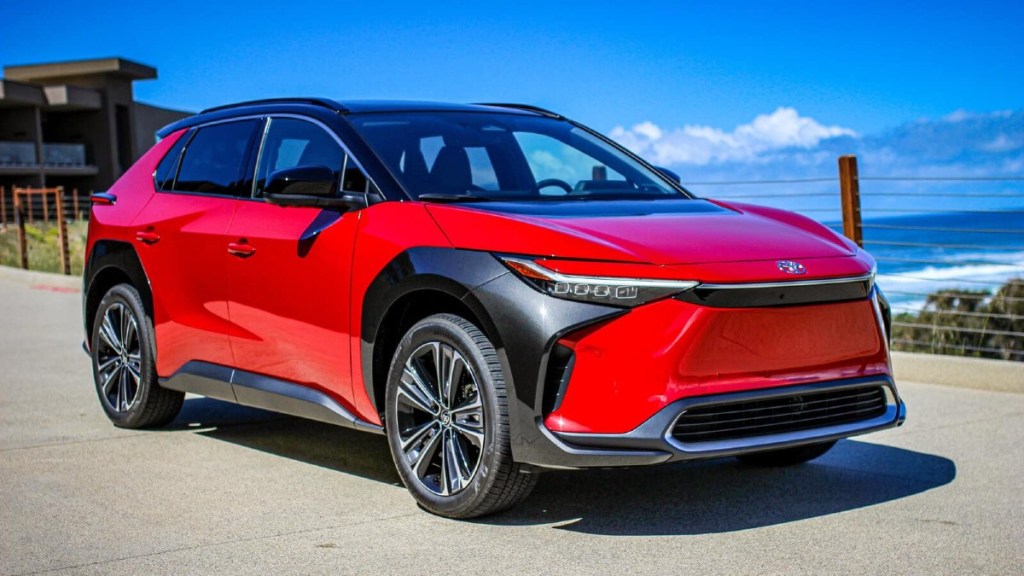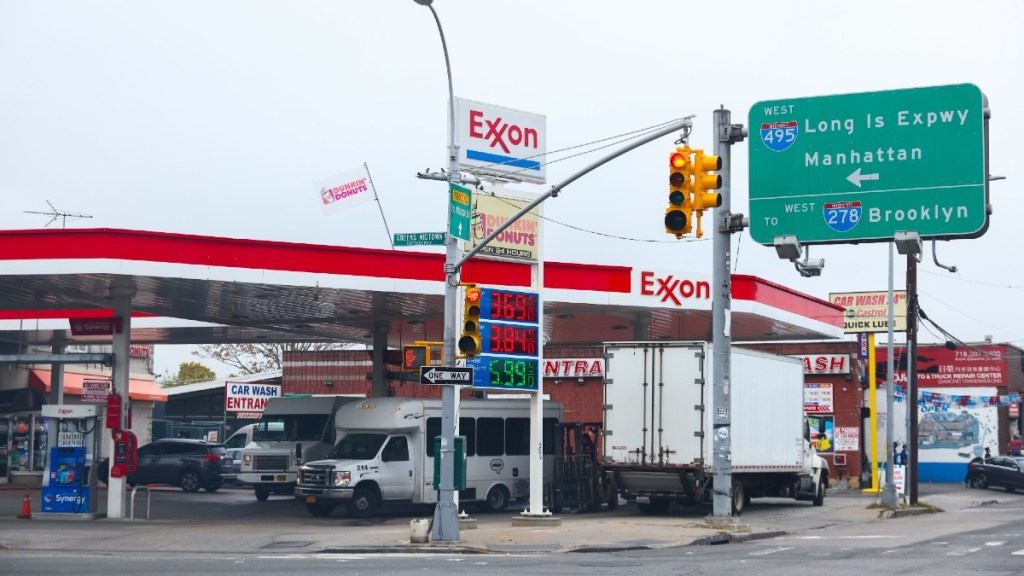
Your Gas-Powered Car Could Run on Cleaner Burning Low-Carbon Fuel in the Future
Are you tired of hearing how dirty your gas-powered car runs? Are you feeling the pressure to switch to an electric vehicle? If the new low-carbon fuel from Toyota and Exxon becomes a reality, you might not have to change vehicles. Instead of trading your gas-powered car for an EV with lower greenhouse gas emissions, you’ll need to change the type of fuel used.
Are Toyota and Exxon developing a new low-carbon fuel?

Recently, Toyota and Exxon formed a partnership to test and develop low-carbon fuels in gasoline engines. The pressure of reducing emissions has grown, and these two companies are working on potential solutions to this problem. Rather than pushing electric vehicles harder, the goal is to discover ways to reduce emissions in the current vehicle fleet.
How much cleaner could this new fuel burn?
Automotive News reports that companies claim the new fuel blends could burn as much as 75% cleaner than current gasoline. That reduction in greenhouse gas emissions could delay the switch to electric vehicles.
Currently, the fuel is in the testing phase, but initial trial results show it is compatible with Toyota vehicles, which could make it a promising solution. This new solution might allow gas-powered cars to be more environmentally friendly when the lifespan of a vehicle is considered.
It’s still too early to start pumping low-carbon fuel into your gas tank

Before these new fuels are publicly available, they must be tested, supported by government policy, and commercially produced. Toyota and Exxon are using existing feedstocks to make these new low-carbon fuels. The mixture includes renewable biomass and ethanol produced using cleaner processes.
“Having a solution for liquid fuels that we can use in the existing fleet, having it in the kin of policy construct where we allow the market to innovate, is the lowest cost way to decarbonize transportation.” – Andrew Madden, vice president for strategy and planning at Exxon
Should we be cautious about this news?
Offering long-shot solutions to problems is part of what both Exxon and Toyota have done in the past. Exxon once tried to convince the world that plant algae could replace diesel, and Toyota continues to develop hydrogen-fueled vehicles without much to show for it. Still, if this drop-in solution works, it could change the entire automotive market and slow the movement toward electric vehicles.
Should we consider lifecycle emissions?
Part of the argument to reduce greenhouse gas emissions hovers around mining rare earth metals to build EV batteries. Although we know that electric vehicles are cleaner after two years on the road than gas-powered vehicles, this new fuel could change that equation. If Toyota and Exxon are successful with their low-carbon fuel, lifecycle emissions would be an important way to look at all vehicles we drive.
Before we dive in headfirst and commit to this new low-carbon fuel, we’ll want to know how much we have to pay per gallon. If this new fuel works, it could reduce emissions by 75%, but at what cost?




